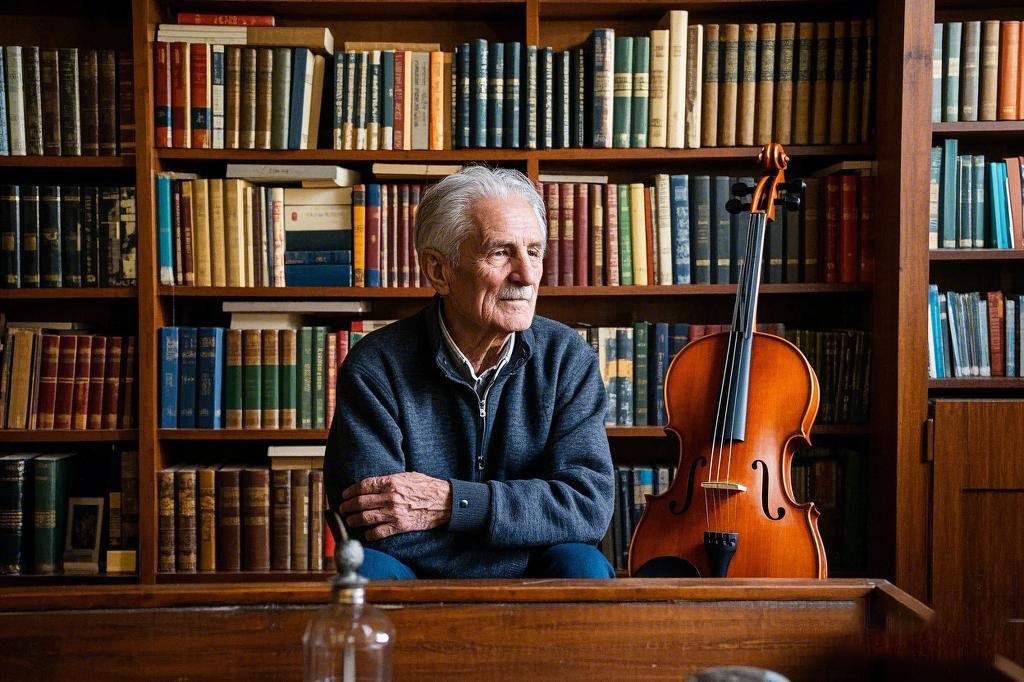Cultural Ambassadors_ Students Performing Chinese Music at School Events
Shang Kun 2025-05-06 174
Celebrating Cultural Ambassadors: Students Performing Chinese Music at School EventsImagine a school event where the entire audience is captivated by the enchanting sounds of the erhu and guzheng, performed by students who are not only showcasing their musical talent but also sharing a rich cultural heritage. This scene is more than just a performance; it's a living testament to the global reach of Chinese music. As schools increasingly embrace diversity, cultural ambassadors are emerging through the arts, particularly through the performances of students who play traditional Chinese instruments. These performances are not just about music; they represent a bridge between cultures, allowing students to connect with their roots while educating others about China’s vibrant musical traditions.
But here's the challenge: many schools struggle with integrating Chinese music and culture into their events. Despite the growing interest in world music, Chinese traditional instruments are often overshadowed by more mainstream Western instruments in school performances. The concern is understandable—Chinese music is sometimes seen as too niche or too complex to incorporate into general education programs. How can we make these performances a regular feature at school events without overwhelming students or teachers with the intricacies of Chinese musical traditions

It’s not as difficult as it seems. The key lies in making these performances accessible, fun, and educational. Chinese music is rich in history, with instruments like the pipa, dizi, and guzheng offering unique sounds that resonate deeply with audiences. Schools can start small by inviting Chinese music teachers to offer one-on-one or group lessons, either offline or online, so students can gradually learn and appreciate the music. This not only helps students hone their skills but also allows them to understand the deeper cultural significance behind each piece they perform.
Additionally, there are many ways to make these performances engaging for both the performers and the audience. Organizing joint performances with other school groups, such as a Chinese orchestra collaborating with a school choir, can create a dynamic fusion of cultures. The result Students develop an appreciation for global music traditions while boosting their confidence on stage. What's more, such initiatives can spark curiosity about Chinese culture, motivating students to explore the language, history, and customs associated with the music they are performing.
Furthermore, it's essential to provide proper guidance and resources. Chinese violin teacher Shang Kun, for example, offers personalized lessons that cater to both beginners and advanced students. Through these one-on-one lessons, students can receive tailored feedback and support, helping them develop their skills at their own pace. With the option to learn either offline or online, it's easier than ever for schools to bring Chinese music to their students without logistical challenges.
So, what's stopping schools from embracing this opportunity While it may seem like a daunting task at first, with the right resources, guidance, and support, integrating Chinese music into school events can become a rewarding and enriching experience for everyone involved. It’s not just about performing beautiful music—it's about creating an environment where cultural exchange thrives, allowing students to become true cultural ambassadors who can share the beauty of Chinese music with the world.
